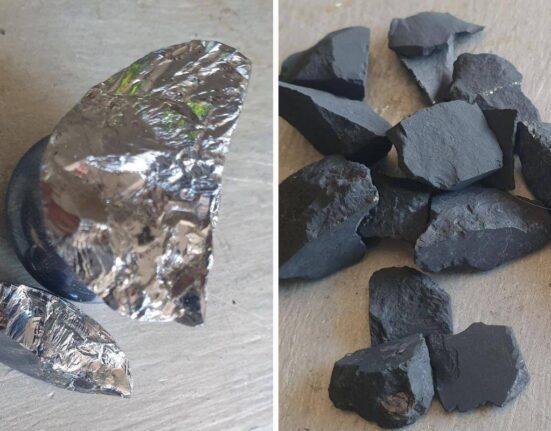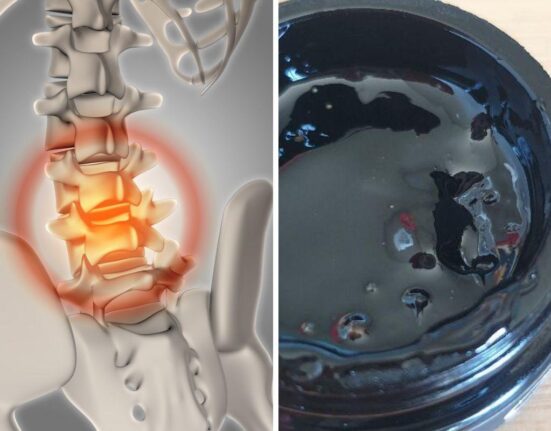Are you struggling to lose weight despite your best efforts? It could be parasites –according to surprising new research which suggests that they may be more prevalent in humans than previously thought.
Parasites, from simple worms to complex organisms such as protozoa, can enter our bodies through everyday activities like handling food and pets. They can cause a variety of health issues ranging from fatigue and abdominal pain to nausea and even contribute to unexpected weight gain.

To know if parasites are the source of your problems, understanding some details about how they behave might help identify a better course of action towards natural healing.
In this blog post we’ll discuss what causes parasitic infestations, analyze the symptoms related to excessive weight gain, explain potential treatments for helping with detoxifying processes in the body after exposure – all with the aim of regaining vitality!

Overview of Parasites – What Are They and How Common Are They in Humans
Parasites are creatures that thrive by living on or inside other organisms. They feed on the host’s resources and often harm the host in the process.
They are found virtually everywhere and can infect humans of all ages, genders, and races. While some parasites are harmless, others can lead to serious health problems, including diarrhea, anemia, and even death.
Here are 4 common parasitic worms that can infect humans and the ailments they can cause:
1. Roundworms (Ascaris lumbricoides):
These worms are typically found in soil and human feces. They can infect humans when contaminated soil is ingested, resulting in symptoms such as abdominal pain, diarrhea, and malnutrition.
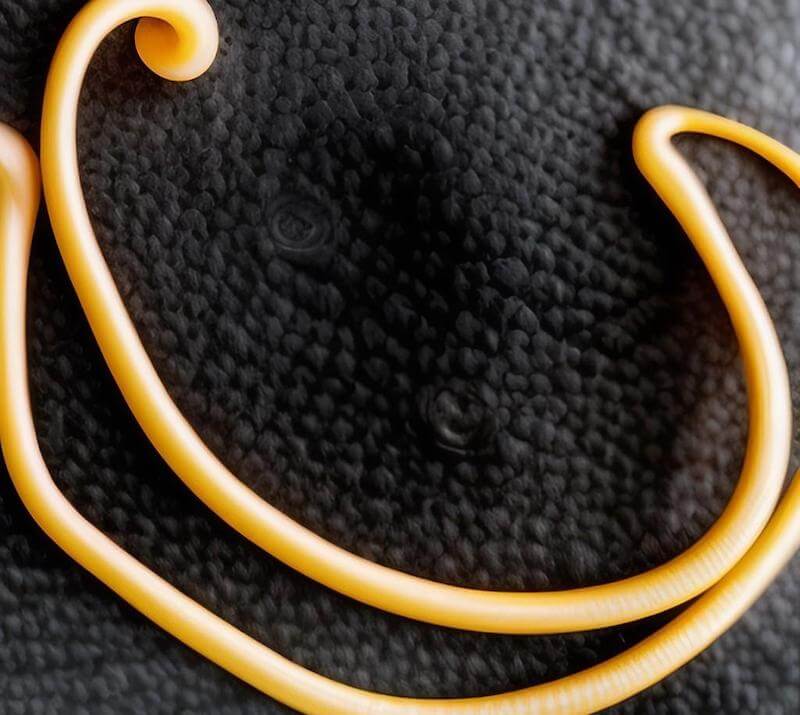
2. Tapeworms (Taenia saginata, Taenia solium):
These worms are transmitted through undercooked or raw meat. Symptoms may include abdominal pain, nausea, and weight loss. In severe cases, tapeworms can lead to blockages in the intestines or even seizures.
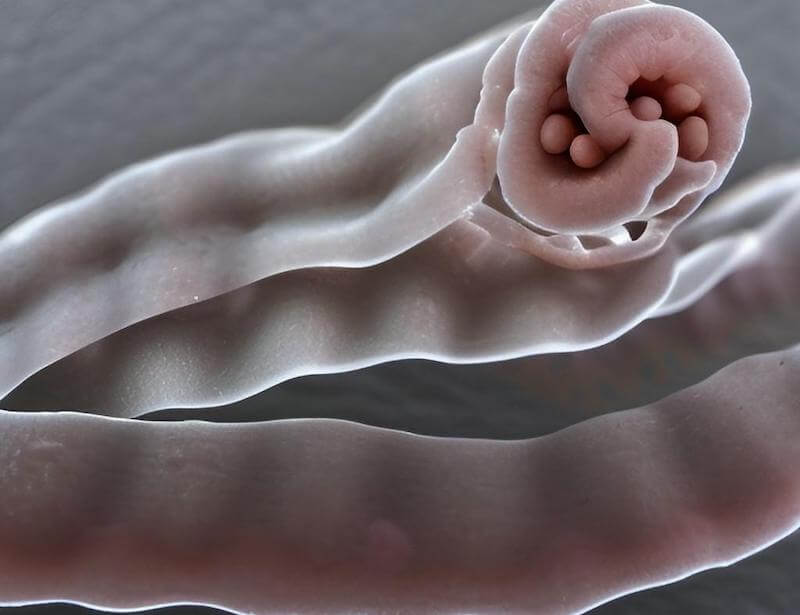
3. Whipworms (Trichuris trichiura):
These worms are also commonly found in soil and human feces. Infection can lead to symptoms such as abdominal pain, bloody diarrhea, and anemia.
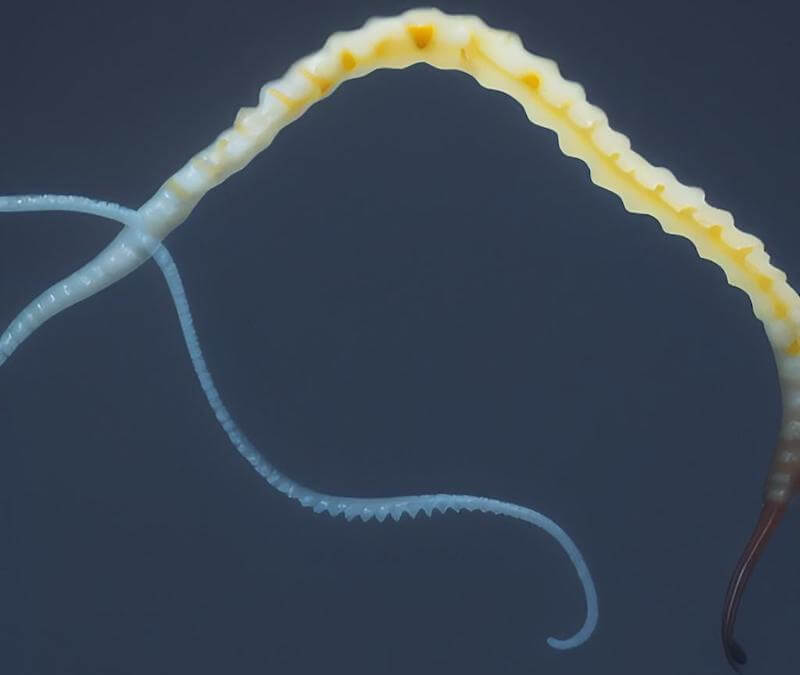
4. Hookworms (Necator americanus, Ancylostoma duodenale):
These worms enter the body through the skin, usually via contaminated soil. Symptoms of infection may include abdominal pain, diarrhea, anemia, and fatigue.
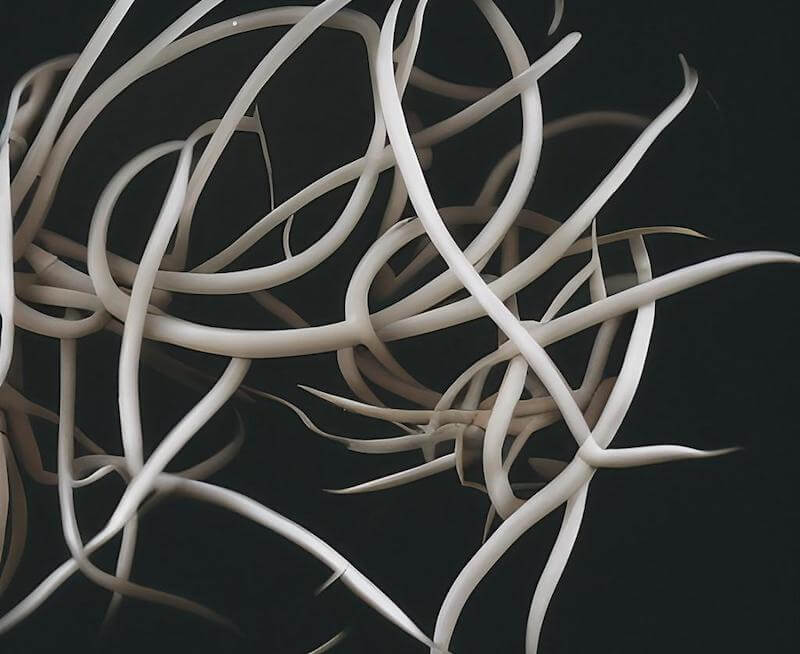
Once inside the body, they can travel to the lungs and be coughed up and swallowed, eventually settling and attaching themselves to the walls of the small intestine.
In many cases, these parasitic infections can lead to serious health complications and chronic disease, though they are not the usual suspect, and they go untreated as they lead the patient and doctor on a wild goose chase to figure out how to treat the symptoms they cause.
For example, chronic hookworm infection can cause stunted growth and intellectual disabilities in children, while tapeworms can cause seizures and potentially fatal brain infections. Most parasites will lead to long term chronic disease if left unchecked.
If you suspect you may have a parasitic infection, it’s important to seek medical attention to get an accurate diagnosis and treatment plan.
Dr Michael Ruscio, DC discusses parasite infections and intestinal worms causing weight gain as well as other symptoms here
Developing countries with poor sanitation and hygiene are at higher risk for parasitic infections, but perhaps this is the problem because medical system is not on the lookout for parasites, so those who have them often are misdiagnosed.
Parasitic diseases remain a global health challenge affecting millions of people worldwide.
Ways to Avoid Exposure to Parasites
Parasites are often associated with unsanitary environments or contaminated water sources, but the truth is that anyone can become infected with a parasite regardless of how clean their surroundings are. Fortunately, there are steps you can take to reduce your risk of exposure.
- Make sure to always wash your hands thoroughly before eating, after using the bathroom and when handling animals.
- Cook meat and fish thoroughly so that all parasites are eliminated. Avoid raw fish in sushi, for example.
- Make sure to drink only clean, safe water and avoid walking barefoot outside. These simple precautions can go a long way in helping you avoid parasites and maintaining good health.
Natural Remedies for Detoxifying Your Body of Parasites
Our bodies are constantly bombarded with toxins, and parasites are just one of the culprits. While pharmaceuticals may be the go-to option for treating parasitic infections, natural remedies can effectively rid the body of these unwanted guests without causing any harmful side effects.
One of the best ways to detoxify your body of parasites is to incorporate anti-parasitic foods into your diet, these foods are listed below.
Another way is by using frequency healing, which is detailed more here.
Additionally, herbs like wormwood and black walnut are known to combat parasites.
Drinking plenty of fluids, such as water and herbal teas, is also important for flushing out toxins from the body.
With the use of these natural foods and habits, you can help your body get back to its optimal state of health.
10 foods that are known to be anti-parasitic:
1. Garlic
Contains allicin, a powerful antiparasitic compound that can help kill off harmful organisms in the body.
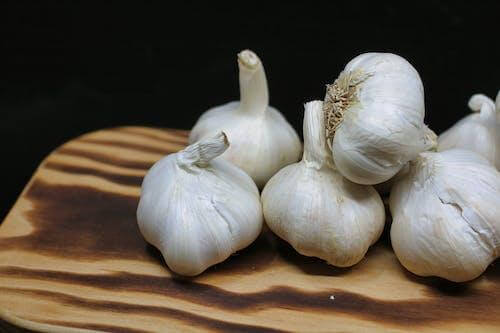
2. Ginger
Has antimicrobial properties that can help fight against parasitic infections, particularly in the gut.
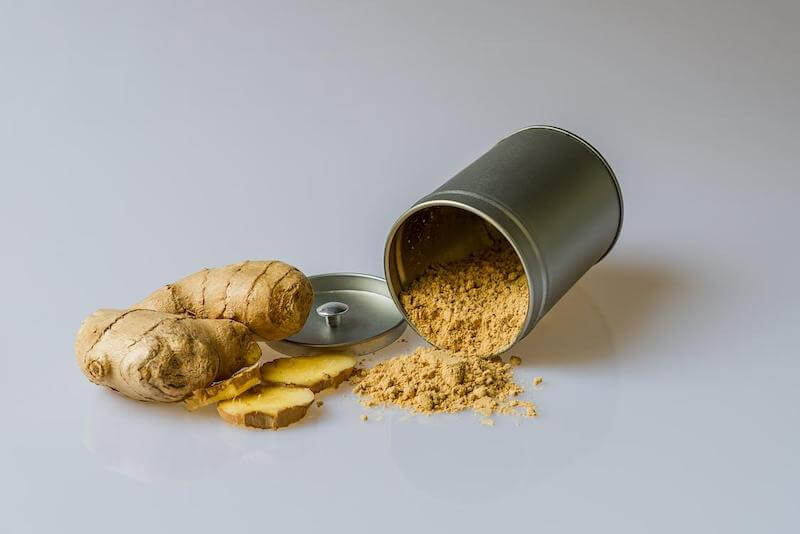
3. Pumpkin seeds
Contain an amino acid called cucurbitacin that has been shown to have antiparasitic effects against tapeworms and other harmful organisms.
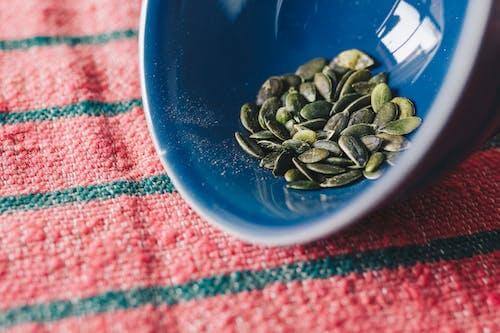
4. Turmeric
Contains curcumin, a compound with potent anti-inflammatory and antimicrobial properties that can help fight off parasitic infections.

5. Coconut oil
Contains lauric acid, a medium-chain fatty acid with antiparasitic and antimicrobial properties that can help kill off parasites in the gut.

6. Papaya and papaya seeds
Contains an enzyme called papain that can help break down proteins and kill off parasites, particularly in the digestive tract.
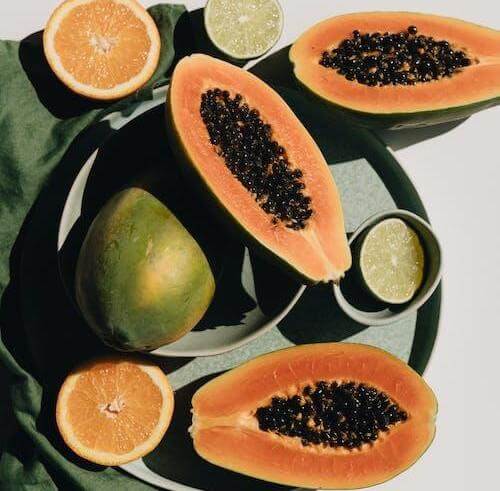
7. Pomegranate
Contains compounds such as punicalagin and ellagic acid that have been shown to have antiparasitic effects against tapeworms and other harmful organisms.
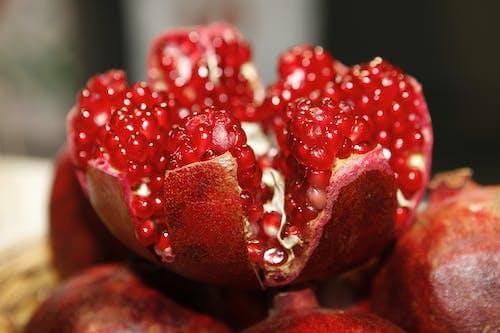
8. Cloves
Contain eugenol, an essential oil with powerful antimicrobial and antiparasitic properties that can help fight off infections.
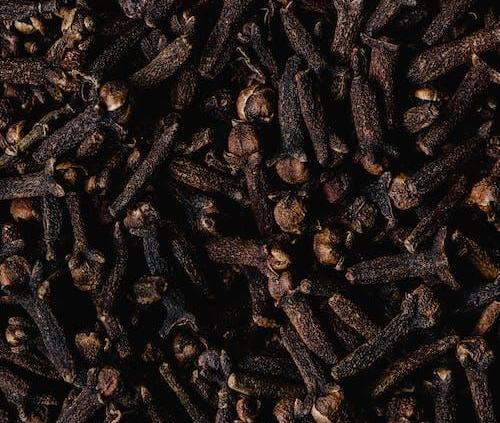
9. Pineapple
Contains an enzyme called bromelain that has been shown to have antiparasitic effects against tapeworms and other harmful organisms.

10. Black walnut
Contains compounds such as juglone and tannins that have been shown to have antiparasitic effects against tapeworms and other harmful organisms.

It’s important to note that these foods should not be used as a substitute for medical treatment if you suspect you may have a parasitic infection. Always consult with a healthcare professional to get an accurate diagnosis and treatment plan.
Symptoms of a Parasite Infection
Parasite infections can be extremely uncomfortable and potentially dangerous if not treated properly. Common symptoms include:
- abdominal pain
- diarrhea
- nausea
- fatigue
- weight loss
- skin irritations

If left untreated, the infection can spread to other organs and lead to more serious health issues.
It’s important to seek medical attention if you suspect you may have a parasite infection, especially if you have recently traveled or consumed contaminated food or water. Remember, early detection and treatment is key to a successful recovery.
The Connection Between Parasites and Weight Gain
Did you know that some parasites can cause weight gain? It may sound counterintuitive, but certain types of parasites can interfere with your digestion and metabolism, leading to increased fat storage.
- Certain parasites can interfere with normal digestion and metabolism, leading to increased fat storage and weight gain in some cases.
This can cause changes in the way the body stores or burns calories, leading to weight gain over time. Additionally, tapeworms and roundworms can cause malabsorption of nutrients, leading to weight gain as the body tries to compensate by storing more fat.
- Blastocystis hominis is a common parasite that has been linked to weight gain and difficulty losing weight, as it can disrupt gut flora and cause inflammation.
- Roundworms and tapeworms can cause malnutrition as they steal nutrients from the human host they need to survive. This can lead to weight loss or weight gain, depending on the severity of infestation.
- Studies have found that long-term infections with certain parasites can lead to insulin resistance, a condition that can contribute to weight gain and metabolic disorders.

- Interestingly, some research suggests that certain types of gut bacteria may be able to counteract the effects of parasitic infections, potentially helping to prevent weight gain and other negative health outcomes.
- Some parasites make you crave sugar
Some studies suggest that certain types of parasites, such as the Candida yeast, can alter our gut microbiome and cause us to crave sugar and other simple carbohydrates.

These parasites feed on sugars in the body, and they release chemicals that signal to the brain that they need more sugar to survive.
As a result, people infected with these parasites may experience intense cravings for sugary foods, leading to increased calorie intake and potential weight gain.
In addition, some parasites can also interfere with the body’s ability to absorb nutrients, leading to malnutrition despite increased caloric intake. This can trigger the body to go into starvation mode, slowing down the metabolism and making it harder to lose weight.
Prevention Tips if you have pets for keeping parasites away from your family
As pet owners, we all want to keep our furry friends happy and healthy. One way to do this is to learn about preventing parasites that can harm not only our pets but also our family. Parasites like fleas and ticks can be a common problem, especially during the warmer months.
Not to mention, parasitic worms like roundworms and tapeworms can significantly affect the health of our pets and cause serious illnesses. Taking preventive steps is crucial to protect ourselves and our loved ones.
Regular check-ups with your veterinarian, keeping your home clean, and monitoring your pet’s behavior are some of the ways to prevent parasites. With a few lifestyle changes, you can keep your pet and your family safe from these pesky pests.
Concluding thoughts about parasites and weight gain
Parasites are more common than we think, and it is so important to stay aware of the signs and symptoms that could indicate a parasite infection.
Additionally, there can be a direct correlation between parasites and weight gain. Unfortunately, many traditional treatments may not be as effective against parasites as we once hoped.
Natural remedies may be a great option for detoxifying your body of parasites so that your health can return back to normal.
Ultimately, the best way to avoid the risks associated with parasitic infections is through prevention – keep yourself and your family away from potentially infected items or animals and practice frequent handwashing!
Sources and additional reading
https://www.medicalnewstoday.com/articles/323371 – This article from Medical News Today provides an overview of how parasitic infections can affect weight gain and includes information on specific parasites that may be linked to the condition.- https://www.healthline.com/health/can-parasites-cause-weight-gain – Healthline’s article on the topic explores how parasitic infections can lead to weight gain, including the mechanisms by which parasites can alter hunger and metabolism.
- https://www.ncbi.nlm.nih.gov/pmc/articles/PMC3099351/ – This research article published in the Journal of Clinical Investigation delves into the relationship between parasitic infections and obesity, discussing how certain parasites can impact insulin resistance and fat storage in the body.




